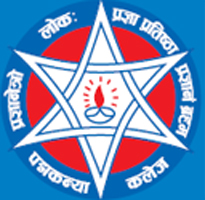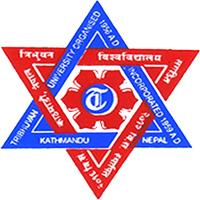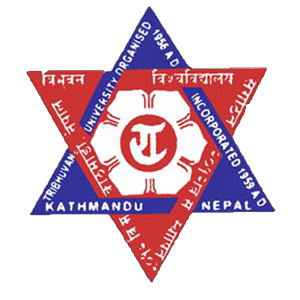Overview
MA in Anthropology at Active Academy College, Basundhara, Kathmandu
MA in Anthropology at Active Academy College operates under Tribhuvan University and follows the master’s semester system. The syllabus covers classical and contemporary theory, kinship, Nepal and Himalayan studies, research methods, and applied fields such as development and health. Students complete coursework and a thesis/report component according to faculty rules.
Highlights
-
Affiliation: Tribhuvan University, Faculty of Humanities and Social Sciences
-
Structure: Two years, four semesters; required and optional papers plus thesis/report
-
Core Areas: Classical and contemporary theory, kinship, caste/ethnicity, nationalism, research methods, Nepal-focused studies
-
Assessment: Internal evaluation, field tasks, thesis/report submission, and semester-end examinations
Curriculum Details
Early semesters develop theory and method through readings and seminars. Mid to senior semesters include Himalaya/Nepal studies, research design, and electives such as development anthropology, medical anthropology, or gender-focused topics depending on departmental offerings. The final stage includes a supervised thesis/report with proposal, fieldwork, and defense.
Objectives
-
Build strong disciplinary grounding and field sensibility for Nepal’s diverse settings.
-
Train students to plan feasible research, keep accurate notes, and write clearly.
-
Support pathways to professional roles that require cultural understanding and documentation.
Scope
Graduates join development projects, research units, museums or cultural organizations, and social programs that value ethnographic insight. Some enter monitoring and evaluation roles where qualitative methods are needed. Many continue to MPhil/PhD after field experience.
Learning Outcomes
-
Explain major schools of anthropological theory and relate them to Nepali cases.
-
Plan and carry out small field studies with ethical awareness and accurate records.
-
Present findings through a structured thesis/report with references and appendices.
Skill Development Modules
-
Field Methods: Interview practice, observation, mapping, and consent routines.
-
Data Handling: Transcription, coding basics, and note organization.
-
Writing Workshop: Literature review steps, argument flow, and revision habits.
Teaching Methodology
The college uses lectures, reading circles, and field orientations. Faculty supervise proposal steps, monitor field visits, and conduct debrief sessions for reflection. Attendance and steady submission of internal tasks are required for exam eligibility.
Admission Requirements
-
Eligibility: Bachelor’s degree accepted by TU for master’s study
-
Entrance/Screening: Faculty/department entrance when announced
-
Documents: Application form, academic transcripts, character certificate, migration (if applicable), citizenship/ID, photographs
Career Opportunities
-
Development Sector: Qualitative research, community studies, and documentation
-
Culture and Heritage: Museum/cultural center assistance and curation support
-
Health/Social Programs: Social research and outreach roles that need field engagement
-
Higher Study: MPhil/PhD and university research after experience
Scholarships and Financial Aid
-
Merit-Based: Semester-wise waivers tied to results and conduct
-
Need-Based: Support for low-income families with verified documents
-
Inclusion/Talent: Consideration for underrepresented groups and recognized achievements
-
Renewal: Review under campus policy and attendance rules
Why Choose This Course?
-
Field-Centered: Structured pathway from proposal to thesis builds practical research habits.
-
Nepal Focus: Papers connect theory to the Himalayan and Nepali context.
-
Semester Rhythm: Clear progression through coursework, fieldwork, and writing.
Conclusion
MA in Anthropology at Active Academy College follows TU’s semester framework and brings together theory, field practice, and writing. Students learn how to plan research, work respectfully in communities, and present findings that inform projects and future study.





















